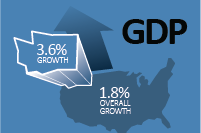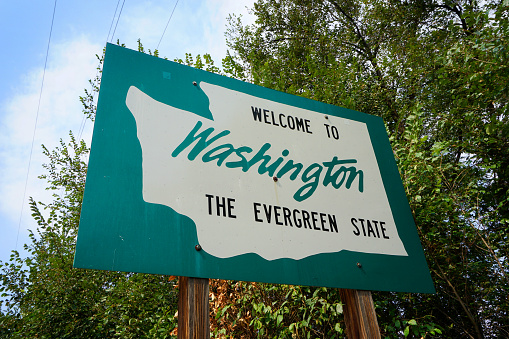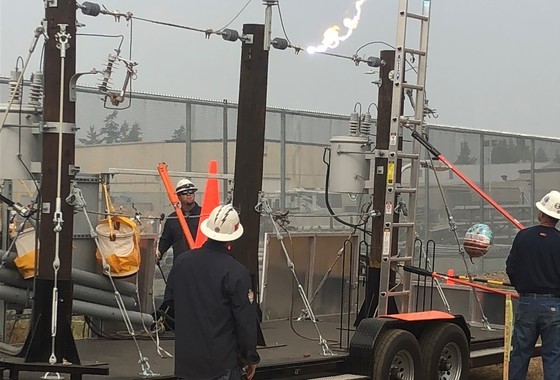10 Вересня, 2018
Snohomish PUD Groundbreaking for Arlington Microgrid
10 Вересня, 2018
New Staff in the Energy Division
10 Вересня, 2018
What’s happening in the Energy Division for September 2018?
10 Вересня, 2018
Orcas Power and Light Microgrid and Solar Array
10 Вересня, 2018
Notice of Funding Opportunity—CEF3 Solar Program
23 Серпня, 2018
Landlord Mitigation Program
22 Серпня, 2018









